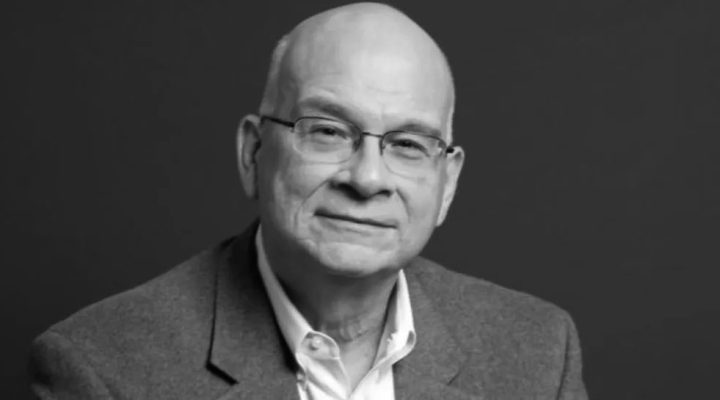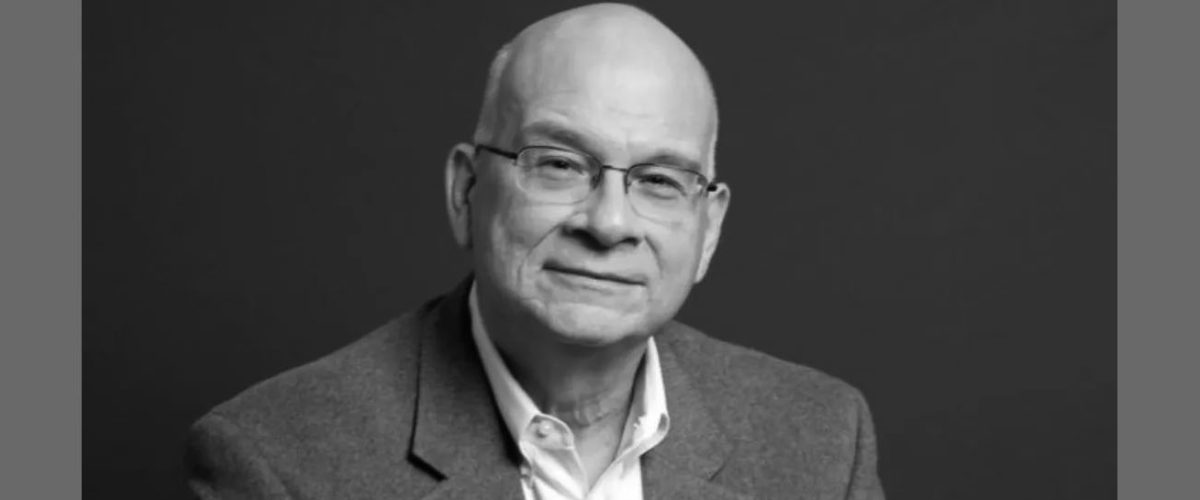Tim Keller wants to help forgiveness have a good reputation once again.
“There’s a problem with forgiveness in our culture right now,” he said in a recent interview. “That wasn’t true 20 years ago. I think most people would say, “Oh yeah, forgiveness is great. Now there’s a lot of people questioning it.”
This is the topic of his latest book, Forgive: Why Should I and How Can I?
Keller is a prolific author and was the founding pastor of Redeemer Presbyterian Church (PCA) in Manhattan, which he started in 1989 and led for 28 years.
The book is needed, he believes, because “there’s a lot more anger in today’s culture. You don’t see as many people being kind and forgiving, and a lot of young people question whether we should do forgiveness. Many young people see forgiveness as the opposite of seeking justice.”
 Keller believes the two go hand-in-hand: There can be no true justice without forgiveness.
Keller believes the two go hand-in-hand: There can be no true justice without forgiveness.
Without properly understanding that relationship, people will continue to seek vengeance, he said. And “vengeance always goes past justice. Vengeance believes that since you knocked someone’s tooth out, I’m going to knock all your teeth out.”
One of his hopes is to explain the need for forgiveness. That’s an especially acute need with young adults, he said, who have a problem with forgiveness.
“What young adults learn is if they don’t like somebody or feel like they’re being used, they just stop texting and emailing,” the 72-year-old pastor noted. “They don’t go and talk to them and say, ‘Hey, you did this or that,’ they just have nothing to do with them. I’ve talked to several university faculty members, counselors and people on campus who say college students are absolutely, completely flummoxed and conflicted over breaking up, they don’t know how to do it. They just stop communicating. I think forgiveness is going to be harder for future generations to come.”
Keller believes followers of Jesus Christ need to demonstrate forgiveness to a culture that desperately needs it.
While others see a Christian church in decline, he sees hope through teaching virtues such as forgiveness, he said.
“The mainline church moved away from orthodox Christianity, watering down the doctrine, they went into decline first,” he said. “It started in the seventies, maybe even the sixties. The evangelical church started its decline about 20 or 30 years later. But it happened partly because the mainline church over-identified with liberal politics. Now the evangelical church, especially the white evangelical church, has over-identified with conservative politics. And as a result, people are moving away.”
The church always has dealt with change, said Keller, who believes “everything’s been against the Christian church right now. But to some degree, I think it’s just humbled us, I think it’s refined us. It’s brought a lot of us to repentance, and I think we’re going to be looking for ways forward. I think God will raise some new leaders and things won’t be as bad as they are right now. I have hope for the church of the future.”
Related articles:
Six ways ‘American Gospel’ is small-minded and abusive | Analysis by Rick Pidcock
From purity pledges to the Equality Act: How evangelical concern about sex has shifted and what it has to do with creation | Analysis by Rick Pidcock


